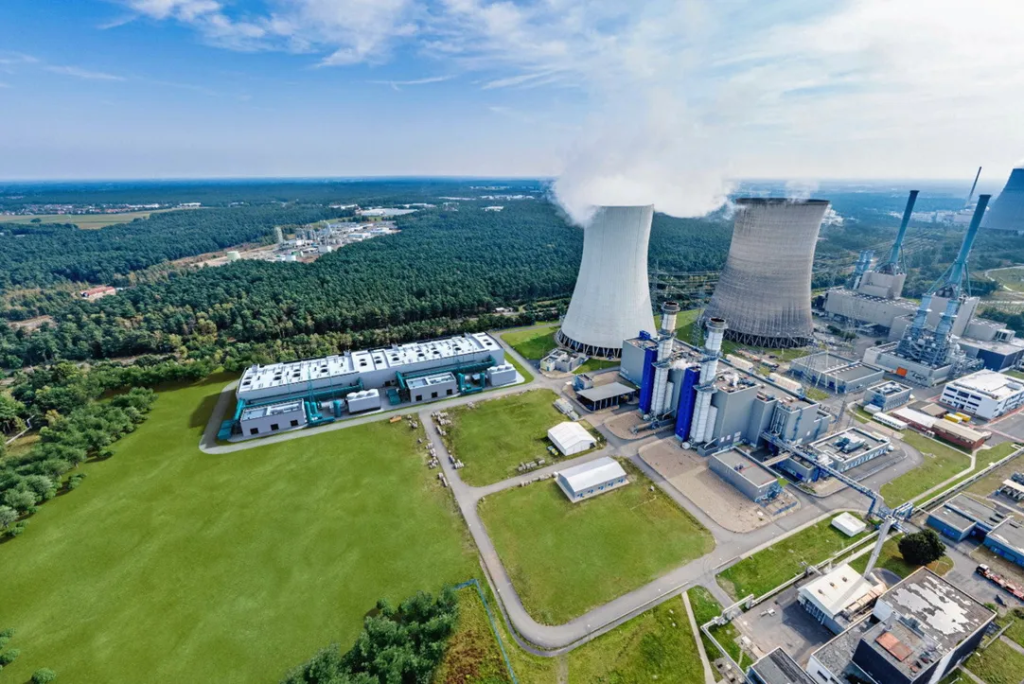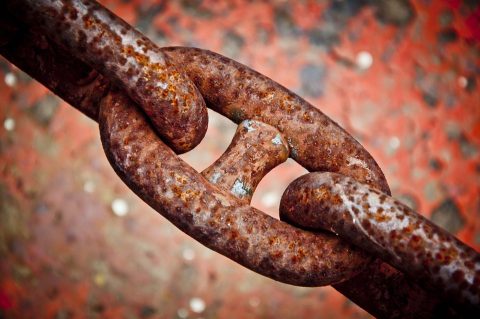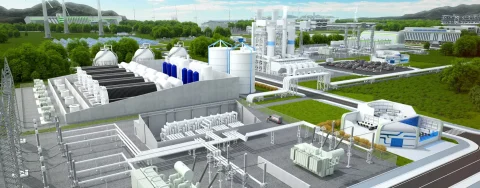Germany has approved plans for a €19 billion hydrogen network, taking a significant step towards climate neutrality. The German Federal Network Agency gave the go-ahead for a 9,040-kilometer hydrogen grid by 2032. This decision deepens Germany’s commitment to hydrogen as a key energy source for decarbonizing its economy.

Hydrogen Network to Connect Industrial Hubs and Replace Fossil Fuels
The approved hydrogen network will form a core infrastructure connecting industrial hubs, such as steel producers. These hubs actively seek to reduce their carbon footprint. The network will facilitate the transition from fossil fuels to clean hydrogen. This transition is crucial for Germany’s plan to achieve climate neutrality by 2045.
Germany, Europe’s largest economy, aims to replace most of its fossil fuel needs with hydrogen. This shift will have far-reaching effects on various sectors, including transportation, heating, and industrial processes. The hydrogen network will ensure a reliable and efficient supply of clean energy to meet growing demand.
Optimized Network Design and Cost Reduction
The German Federal Network Agency optimized the network design, reducing the estimated cost from €19.7 billion to €18.9 billion. Klaus Mueller, head of the agency, stated that parts of the initial plans were redundant. This reduction demonstrates a focus on cost-effectiveness and efficiency.
Conversion of Existing Gas Pipelines and New Construction
The approved hydrogen network will consist of converted existing gas pipelines and newly built infrastructure. The project will repurpose approximately 60% of current gas pipelines and construct 40% from scratch. This approach reduces costs and minimizes the environmental impact of the project.
Furthermore, the project will strengthen about 660 kilometers of existing gas links for hydrogen transportation. This reinforcement will require an investment of €2 billion. The first pipelines are expected to be operational next year. This marks the beginning of Germany’s hydrogen-powered future.
Challenges and Import Dependency

Despite Germany’s strong commitment to hydrogen, the country’s push has encountered setbacks in recent months. The cancellation of a key pipeline from Norway has highlighted challenges in establishing a reliable hydrogen supply chain. Officials acknowledge that, initially, Germany will have to meet the majority of its hydrogen needs through imports.
Import dependency underscores the importance of international cooperation and partnerships in the global transition to clean energy. Germany will need to work closely with other countries to secure stable and sustainable hydrogen sources. Simultaneously, Germany must develop its domestic production capabilities.
Conclusion
The approval of the €19 billion hydrogen network is a significant milestone in Germany’s journey towards sustainable energy. The network will connect industrial hubs and replace fossil fuels, catalyzing the country’s decarbonization efforts. It will help Germany achieve its ambitious climate goals.
As the construction of the hydrogen grid progresses, Germany will face challenges, including import dependency and infrastructure investment. However, strong political will and public support position Germany to overcome these obstacles. Germany can emerge as a leader in the global transition to clean energy.
The successful implementation of the hydrogen network will benefit Germany and serve as a model for other countries. As the world watches Germany’s progress, its experience will provide valuable insights for the global community. Germany’s efforts contribute to the global work towards a more sustainable future.
Read More: South Korea and POSCO Invest in Hydrogen-Based Steelmaking













